Important Resources
UT Counseling and Mental Health Center – Austin
Behavior Concerns Advice Line (BCAL) - The Behavior Concerns Advice Line provides a central resource to anyone who is concerned about an individual and may not be sure about how best to help them. This service is a partnership among the Office of the Dean of Students, the Counseling and Mental Health Center (CMHC), the Employee Assistance Program (EAP) and The University of Texas Police Department (UTPD). An individual can either call the line at 512-232-5050 or report their concerns using the online submission form.
The University Ombudsman - Provides services to the university’s student body by assisting students who have “university-related complaints of a non-legal nature.” Graduate students at UT-Austin have the right to seek redress of any grievance related to academic or nonacademic matters.
Recent Marine Science Graduates
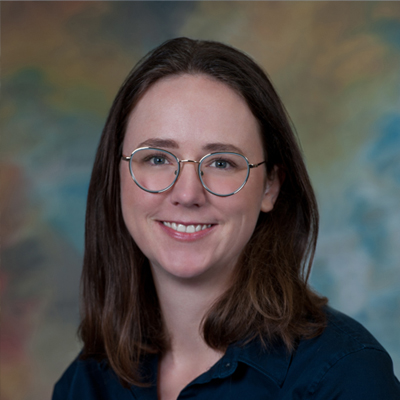 |
Sarah Douglas, Ph.D. “Extreme climate events influence particulate organic matter quality, quantity, and composition in the Mission-Aransas Estuary” Advisor: Zhanfei Liu August 2022 |
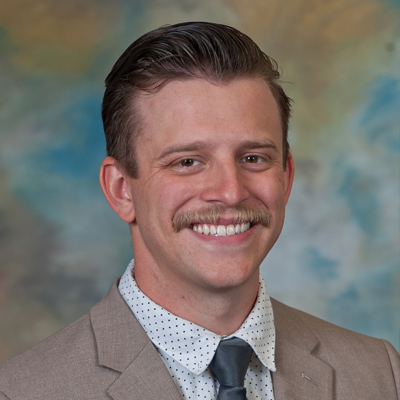 |
Hunter Bailey, M.S. “Nutritional ecology of a marine teleost: maternal maturation diets affect egg and larval composition of Southern Flounder” Advisor: Lee Fuiman December 2021 |
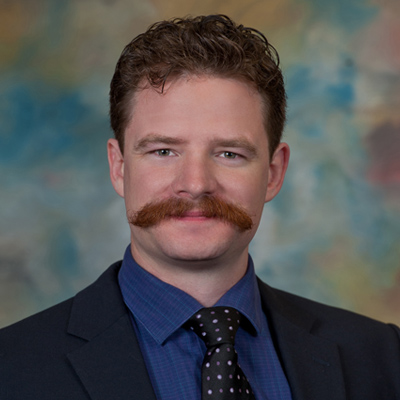 |
Ian Rambo, Ph.D. "Novel Microbes and Viruses with Roles in Biogeochemical Cycling and Eukaryogenesis in Marine Systems" Advisor: Brett Baker December 2021 |
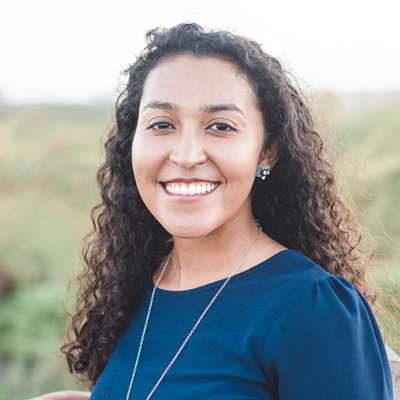 |
Miranda Madrid, M.S. “Detecting and responding to change in the Mission-Aransas National Estuarine Research Reserve: Insights into the System-wide Monitoring Program” Advisor: Edward Buskey August 2021 |
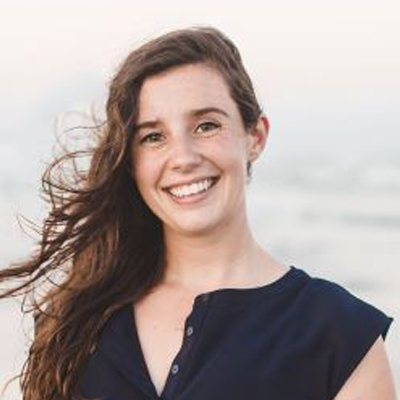 |
Angelina Dichiera, Ph.D. “Carbonic anhydrase function and evolution in the respiratory gas exchange system of marine fish” Advisor: Andrew Esbaugh May 2021 |
 |
Zhenxin Hou, Ph.D. "Transgenerational Transfer of Dietary Nutrients and Its Consequences for Offspring Physiology” Advisor: Lee Fuiman August 2021 |
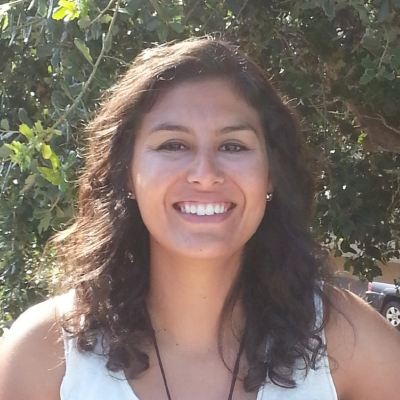 |
Victoria Congdon, Ph.D. “Assessing seagrass ecosystem status and condition: Multi-scale applications of a long-term monitoring program” Advisor: Ken Dunton August 2021 |
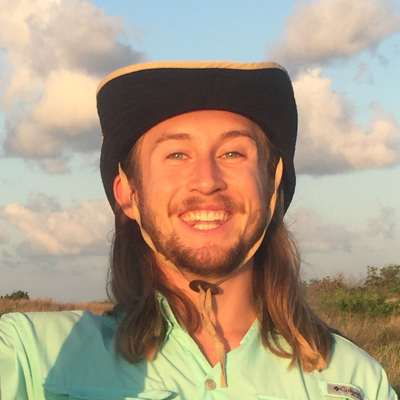 |
Derek Bolser, Ph.D. “From Somatic Growth to Community Structure of Marine Fishes: Explaining Variation with Physical Drivers and Methodological Biases at Multiple Scales” Advisor: Brad Erisman May 2021 |
 |
Yida Gao, Ph.D. “Insights into Cell Loss Processes of Toxic Dinoflagellate Karenia brevis” Advisor: Deana Erdner December 2020 |
 |
Charles Tang, Ph.D. “The Environmental Influences on the Growth and Grazing of Marine Protists” Advisor: Ed Buskey December 2020 |
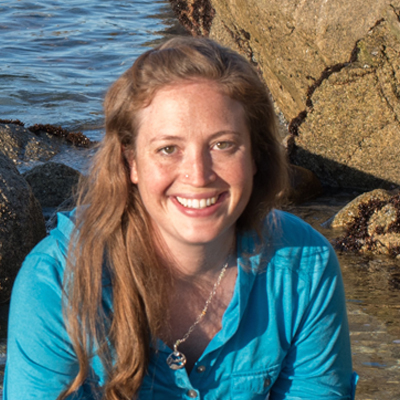 |
Arley Muth, Ph.D. “Salinity and pH variations in the nearshore Arctic Ocean: Implications for benthic species physiology and biodiversity” Advisor: Ken Dunton August 2020 |
 |
Xin Xu, Ph.D. "Nitrogen and Organic Matter Cycling at the Sediment-Water Interface in Tidal Freshwater Zones of two South Texas Rivers” Advisor: Jim McClelland & Amber Hardison August 2020 |
 |
Hengchen Wei, Ph.D. “Nitrogen transport and transformation in tidal freshwater zones” Advisor: Jim McClelland & Amber Hardison August 2020 |
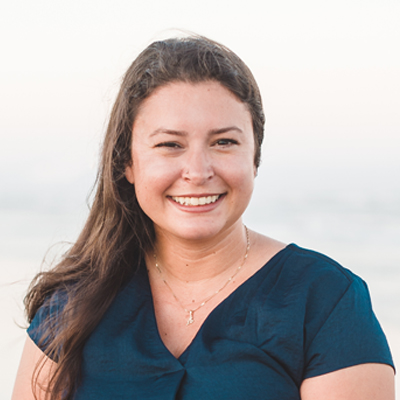 |
Alexis Khursigara, Ph.D. “The sublethal effects of crude oil exposure on red drum (Sciaenops ocellatus)” Advisor: Andrew Esbaugh August 2020 |
 |
Jenelle Estrada, M.S. “What defines an edge? Quantifying edge effects across multiple trophic levels” Advisor: Deana Erdner August 2020 |
 |
Leighann Martin, M.S. “Recovery from catch-and-release angling in Gulf of Mexico fishes” Advisor: Andrew Esbaugh August 2020 |
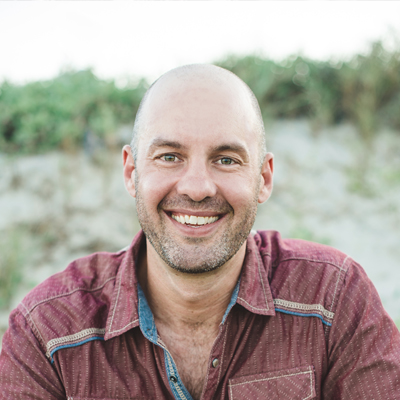 |
Christopher Biggs, Ph.D. “Relationships between the Behavioral Dynamics of Fish Spawning Aggregations and Reproductive Resilience” Advisor: Brad Erisman, August 2019 |
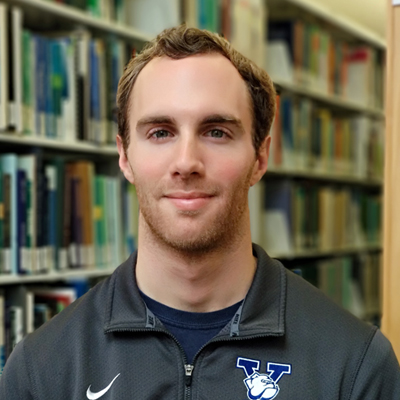 |
Craig Connolly, Ph.D. “Dissolved organic matter in Arctic watersheds and coastal waters” Advisor: Jim McClelland, June 2019 |
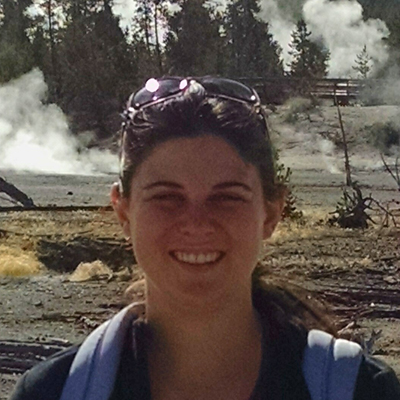 |
Kiley Seitz, Ph.D. “Uncovering Asgard archaea and their metabolic roles in diverse sedimentary environments” Advisor: Brett Baker, May 2019 |
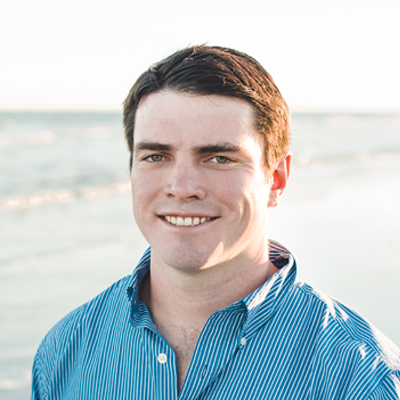 |
John O’Connor, M.S. “Characterization of riverine DOM using thermal slicing pyrolysis GC-MS: implications for anthropogenic influence and organic matter lability” Advisor: Zhanfei Liu, May 2019 |
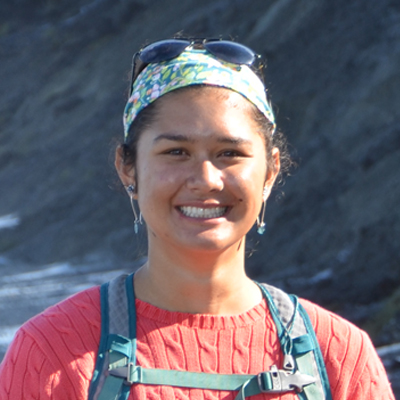 |
Christina Bonsell, Ph.D. “Factors that influence the distribution of the Arctic endemic kelp, Laminaria solidungula (J. Agardh 1868)” Advisor: Ken Dunton, May 2019 |
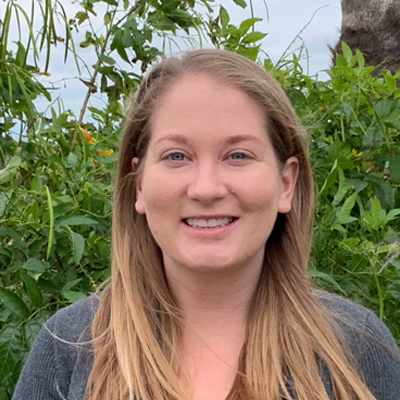 |
Aubrey Koch Converse, Ph.D. “Functions and signaling mechanisms of the membrane androgen receptor ZIP9 in Atlantic croaker (Micropogonias undulatus) and zebrafish (Danio rerio) ovaries” Advisor: Peter Thomas, December 2018. |
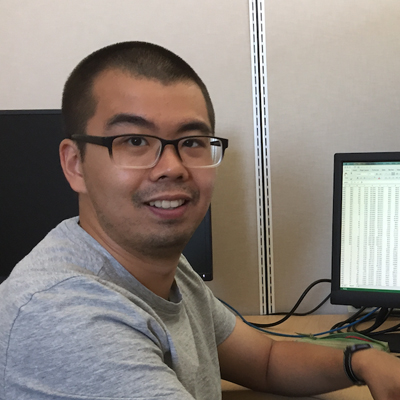 |
Kaijun Lu, Ph.D. “Biogeochemical processes of dissolved organic nitrogen” Advisor: Zhanfei Liu, August 2018 |
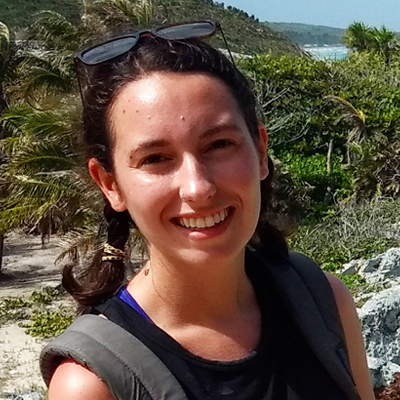 |
Meaghan Cuddy, M.S. “Patterns in Isoscapes and N:P stoichioscapes of the dominant seagrasses (Halodule wrightii and Thalassia testudinum) in the western Gulf of Mexico” Advisor: Ken Dunton, May 2018 |
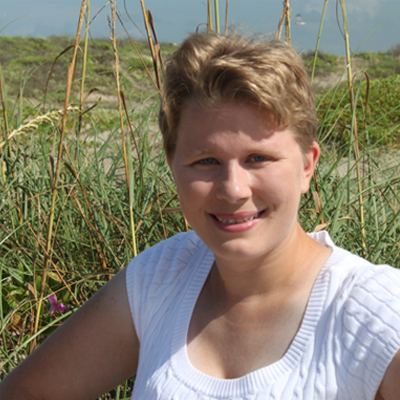 |
Emily Anderson, M.S. “Summer diatom blooms in the eastern North Pacific gyre investigated with a long endurance autonomous vehicle” Advisor: Tracy Villareal, December 2017 |
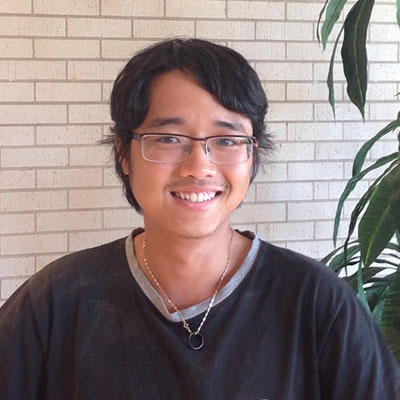 |
Hoang Minh “Thomas” Nguyen, M.S. “Spatial and Temporal Variations in Benthic Bivalve’s Stable Isotopic Compositions in the Chukchi Sea, Arctic Ocean” Advisors: Bryan Black and Ken Dunton, December 2017 |
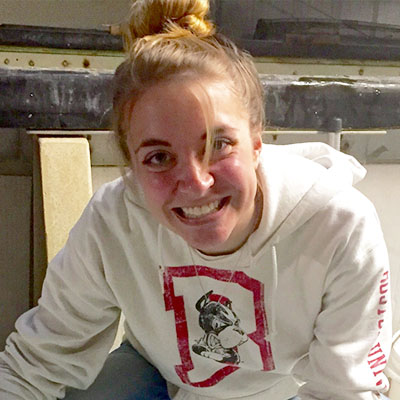 |
Corinne Burns, M.S. “Fatty Acid Composition of the Maternal Diet Affects Egg and Larval Quality of Southern Flounder, Paralichthys lethostigma” Advisor: Lee Fuiman, December 2017 |
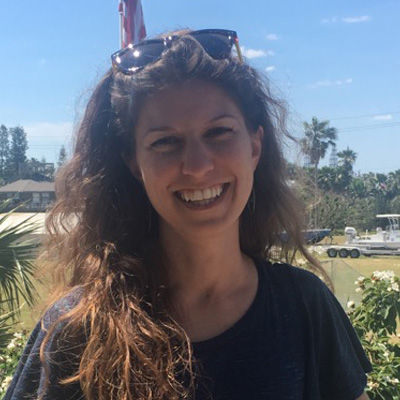 |
Erin Reed, M.S. "Relationships Between Climate, Growth, and Fisheries Production in a Commercially Exploited Marine Fish” Advisor: Brad Erisman. May 2017 |
 |
Jason Jenkins, M.S. "How Do Drying and Rewetting Events Affect Nutrient Fluxes and Bacteria Dynamics From Subtropical Estuarine Sediments?” Advisor: Zhanfei Liu. May 2017 |
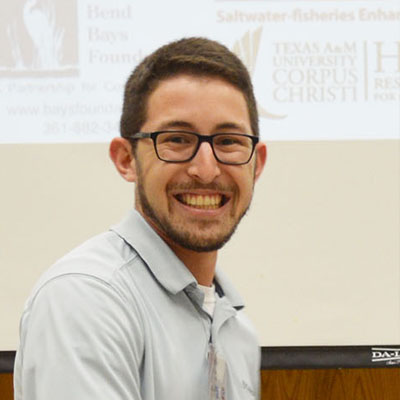 |
Nicholas Reyna, M.S. “Influence of major storm events on the quantity and composition of particulate organic matter in a subtropical estuary, Texas” Advisors: Zhanfei Liu & Amber Hardison. December 2016 |
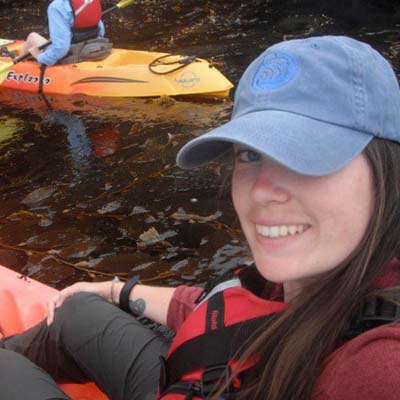 |
Xana Hermosillo, M.S. "Estimating Trichodesmium spp. contribution to chlorophyll and biogenic iron in the Gulf of Mexico using an in-situ imaging system" Advisor: Tracy Villareal. December 2016 |
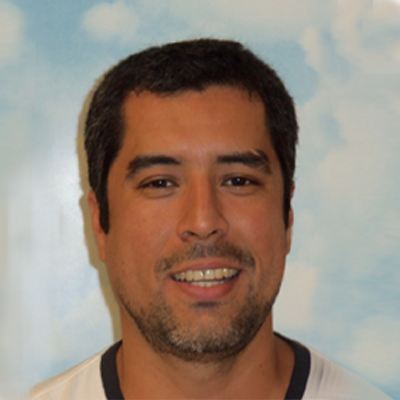 |
Yesid Lozano-Duque, M.S. "Development and validation of PCR-RFLP assay for identification of gamierdiscus species in the greater Caribbean region" Advisor: Deana Erdner. August 2016 |
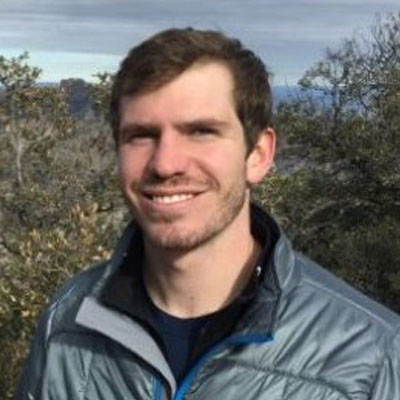 |
Matthew Dzaugis, M.S. “Importance of a northern Gulf of Mexico spring transition as inferred from marine fish biochronologies” Advisor: Bryan Black. May 2016 |
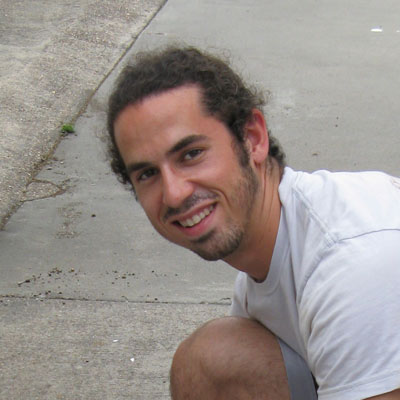 |
Matt Seeley, M.S. “Habitat use and trophic structure in Atlantic tarpon (Megalops atlanticus) inferred from geochemical proxies in scales” Advisor: Bryan Black. May 2016 |
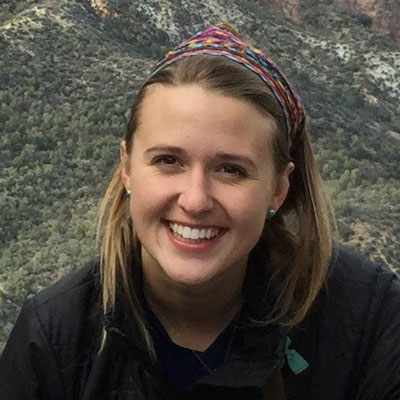 |
Meredith Evans, M.S. “Evaluation of petroleum hydrocarbon weathering on coastal Louisiana beaches and salt marshes following the Deepwater Horizon oil spill using ramped pyrolysis – gas chromatography – mass spectrometry” Advisor: Zhanfei Liu. May 2016 |
 |
Shuting Liu, Ph.D. “Hydrolysis and decomposition of small peptides in marine environments” Advisor: Zhanfei Liu. May 2016 |
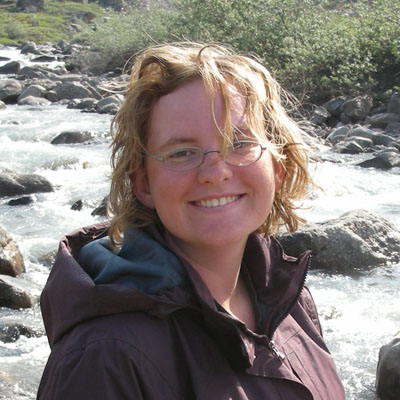 |
Claire Griffin, Ph.D. “Dissolved organic matter in major rivers across the Pan-Arctic from remote sensing” Advisor: Jim McClelland. May 2016 |
 |
Gene Oh, M.S. "The Effect of Crude Oil and Chemical Dispersant on Sinking Rates of Gulf of Mexico Diatoms" Advisor: Tracy Villareal. December 2015 |
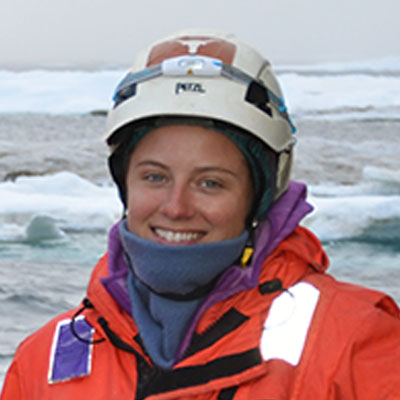 |
Carrie Harris, M.S. "Hydrological and ecological observations along the eastern Beaufort Sea coast of Alaska" Advisor: Ken Dunton. December 2015 |
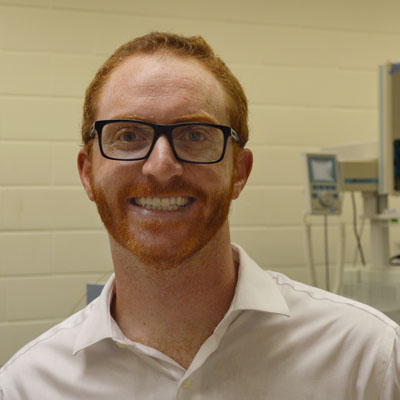 |
Matt Khosh, Ph.D. "Seasonal dynamics of organic matter and inorganic nitrogen in surface waters of Alaskan Arctic streams and rivers" Advisor: Jim McClelland. November 2015 |
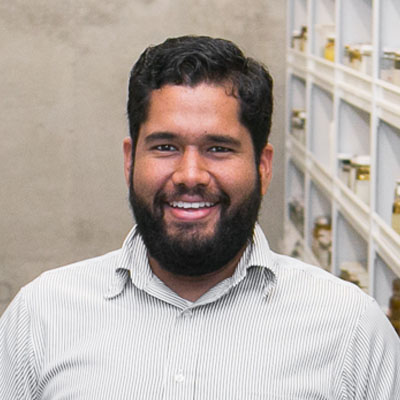 |
Moises Bernal, Ph.D. "Hybridization and divergent selection shaped the evolutionary history of sympatric sister-species of grunts (genus:Haemulon)" Advisor: Deana Erdner. November 2015 |
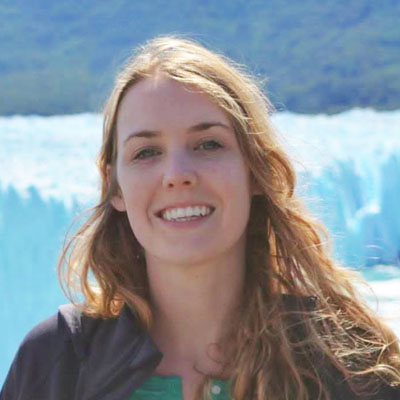 |
Kathryn Ondricek, M.S. "Modulation by hypoxia of membrane steroid receptor expression and functions in ovaries of Atlantic croaker (Micropogonias undulates)" Advisor: Peter Thomas. November 2015 |
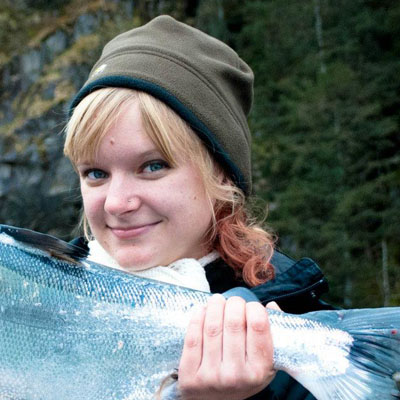 |
Stephanie Smith, M.S. "Tracing organic matter pathways in marine food webs using fatty acids and compound specific stable isotope analysis" Advisor: James McClelland. August 2015 |
 |
Elizabeth Brown, M.S. "Defining the metabolic compensation pathways employed during low-level hypercapnia in red drum (Sciaenops ocellatus)." Advisor: Andrew Esbaugh. August 2015 |
 |
John Mohan, Ph.D. "Linking fish migration and hypoxia exposure to trophic ecology using natural chemical tags" Advisor: Ben Walther. August 2015 |
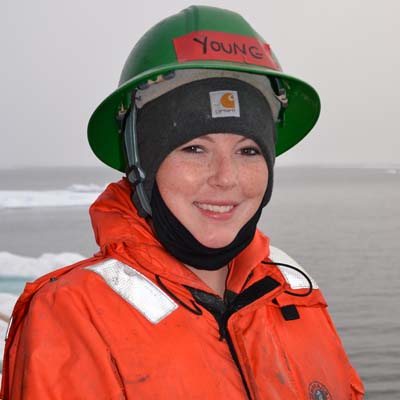 |
Jordann Kailey Young, M.S. "Abundance, biomass and caloric content of Chukchi Sea bivalves and influence of bivalve caloric distribution on Pacific walrus (Odobenus rosmarus divergens) abundance and distribution in the northeastern Chukchi Sea" Advisor: Ken Dunton. April 2015 |
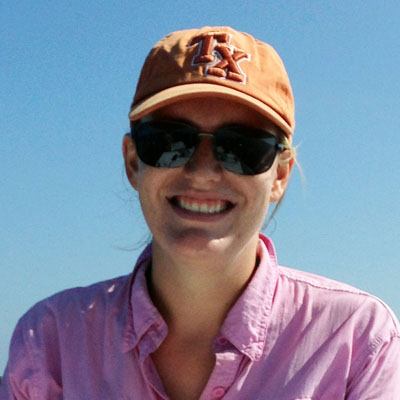 |
Sara Susan Wilson M.S. "Patterns in seagrass coverage and community composition along the Texas coast: A three-year trend analysis" Advisor: Ken Dunton. April 2015 |
 |
Tracy E. Harvey M.S. "The effects of crude oil, chemical dispersant, and UV radiation on copepod nauplii from the Gulf of Mexico"
Advisor: Ed Buskey. April 2015 |
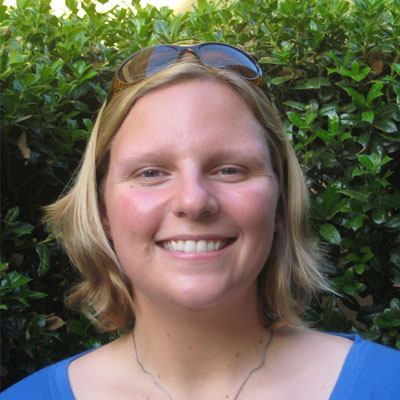 |
Kelly Darnell, Ph.D. "Understanding factors that control seagrass reproductive success in sub-tropical ecosystems" Advisor: Ken Dunton. July 2014 |
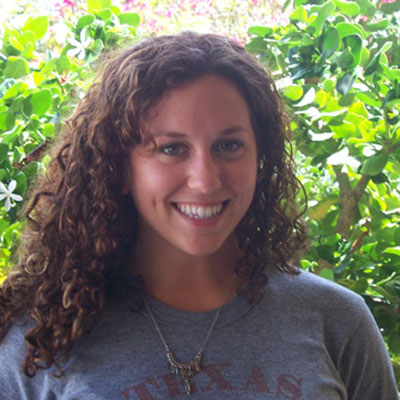 |
Lisa Havel, Ph.D. "Habitat selection: How sensory systems influence settlement patterns in larval red drum (Sciaenops ocellatus)" Advisor: Lee Fuiman. July 2014 |
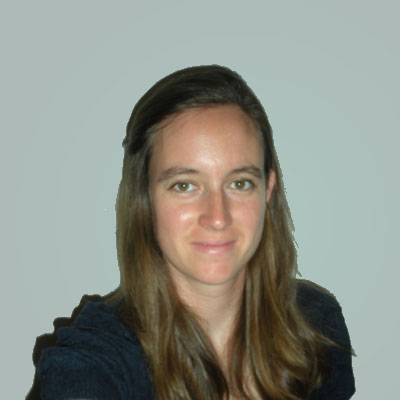 |
Amanda Fitzgerald, M.S. “Bisphenol-A, and Three Related Alkylphenols Exert Rapid Estrogenic Actions on Zebrafish (Daniorerio) Oocytes to Maintain Meiotic Arrest” Advisor: Peter Thomas. December 2014 |
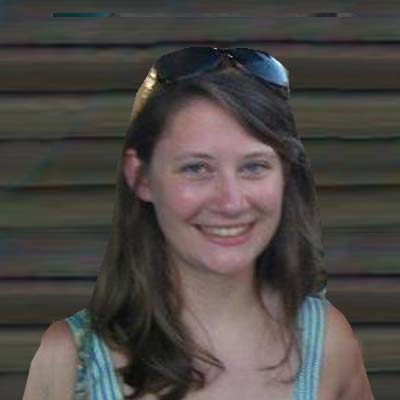 |
Kimberly M. Bittler, M.S. "The Ecology of Blue Crab (Callinectes sapidus) Megalopae in the Mission-Aransas Estuary, Texas: Salinity, Settlement, and Transport" Advisor: Ed Buskey. December 2013 |
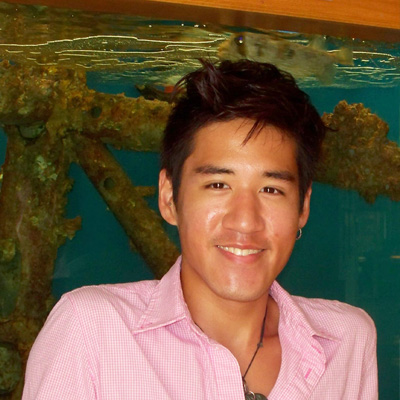 |
Wenxian Tan, Ph.D. "Elucidating the signal cascades induced by progestins that mediate sperm hypermotility in Atlantic croaker (Micropogonias undulatus) and southern flounder (Paralichthys lethostigma)" Advisor: Peter Thomas. December 2013 |
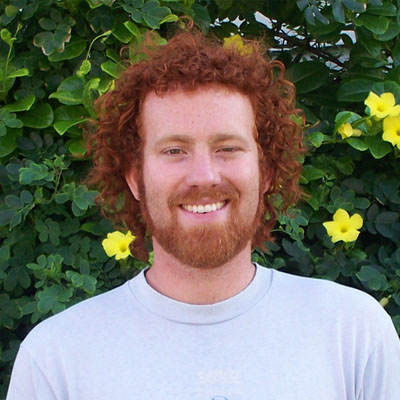 |
Nathan McTigue, Ph.D. "Trophodynamics of the benthic food webs in the Chukchi and Beaufort Seas, Alaska" Advisor: Ken Dunton. November 2013 |
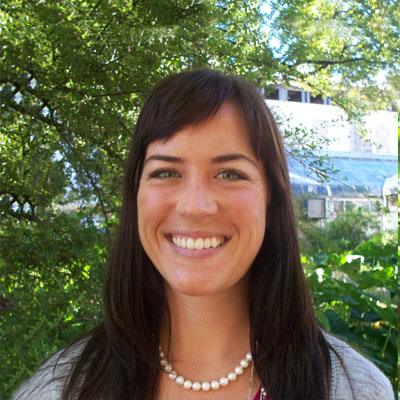 |
Kellie Hoppe, M.S. "The sinking rate and transparent exopolymer particle (TEP) production of Hemiaulus hauckii" Advisor: Tracy Villareal. August 2013 |
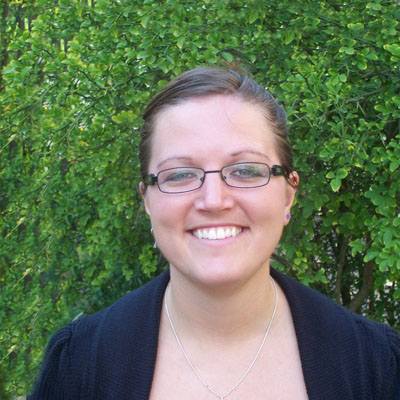 |
Aubrey Lashaway, M.S. "Water Quality and Eukaryotic Plankton Dynamics in the Mission-Aransas Estuary, Texas from 2011-2012" Advisor: Deana Erdner. August 2013 |
FAQs
GSA
Academics
- How are graduate students supported?
- What happens if I am on fellowship?
- What are the academic requirements for my degree?
- What is the video link?
Austin
- Why do I need to spend time in Austin?
- Is graduate student housing available in Austin?
- Will I get teaching any experience?
International Students
- Does the University of Texas provide heath insurance for international students?
- Are there any special requirements at UTMSI for international students?
GSA
GSA stands for Graduate Student Association. Since we are located away from the main University of Texas campus at Austin, we have our own branch of the GSA for the marine science institute. The GSA is composed of a president, several vice presidents in charge of various aspects of student life and general members. Every graduate student at UTMSI is a member of the GSA.
GSA serves as several functions. They are a link between the students and the faculty and administration. The body serves as a place where student concerns are heard and acted upon both with the faculty and the administration. They are responsible for the graduate student computer lab, student activities and purchases.
What type of activities does the GSA do?
The GSA throws two official annual parties for the entire UTMSI community, which are the responsibility of the GSA party chairpersons. There is the annual summer party which usually has a theme. Some of the past themes have been a Toga party, Favorite Childhood Heroes, an Austin Powers party. The second party is a Mardi Gras party complete with mask making, crawfish boil, the King Cake and the crowning of the official Mardi Gras King/Queen. (Mardi Gras). In addition, the GSA sponsors students in various athletic events, among these is the annual Beach to Bay marathon.
academics
How are graduate students supported?
Graduate students are supported by their advisor either by teaching or researcher assistantships or through fellowships given by the University of Texas and other organizations. In order to accept a graduate student, a faculty member must be able to support them. So, you will receive a paycheck every month while you are obtaining your degree.
What happens if I am on fellowship?
On a fellowship, you will still get paid every month like a research assistant, but you are responsible for your own health insurance. You cannot use the University's plan and must obtain your own coverage. You must obey any additional terms of your fellowship as well.
What are the academic requirements for my degree?
You are required to take three core courses in marine science. These are Marine Ecosystem Dynamics, Marine Biogeochemistry and Adaptations to the Marine Environment. In addition, depending on your degree you will need to take 2 or 3 advanced courses in Marine Science and 2 to 3 courses outside the Marine Science Department, usually taken when the student is in Austin. Advance courses in Marine Science are offered mainly in the summer and occasionally during the normal academic year. The advanced courses have a rotating three year schedule. These classes can all be taken over the video link from Austin.
While in Austin, you will take certain classes over the video link. This is a way for students in Austin to take course that are taught from down in Port Aransas in real time and vice versa. Core course, advanced courses are taught in a multimedia approach over electronic media in real time.
Austin
Why do I need to spend time in Austin?
Marine science students are required to take classes outside their department to obtain their degrees. Masters students are required to take 2 classes outside their department, while PhD students need to take 3 classes. In addition, you will take a Supervised Teaching class where they help you to improve your teaching skills.
Is graduate student housing available in Austin?
There is limited graduate student housing available in Austin, so do not plan on getting student housing from the University of Texas. You'll have to find your own housing in Austin. Housing ranges from $400 - $700 a month for a one bedroom apartment depending on where you live. The best way to find a apartment in Austin is with the help of an apartment locator. Many of these are free and can be found on the web.
Will I get any teaching experience?
Most students in Austin are required to teach is they are not on fellowship. You will usually teach classes in the marine science area. Students teach between 2 - 4 lab sessions a week per semester. Depending on your advisor, you may teach during the summer session for the class they teach.
international students
Does The University of Texas provide health insurance for international students?
Yes, if you are employed by the University of Texas as a research assistant or a teaching assistant you have health insurance. If you are on fellowship, you must provide your own health insurance. This applies to both U.S. citizens and international students.
Are there any special requirements at UTMSI for international students?
There are certain special requirement for international students. Refer to the International Office.








